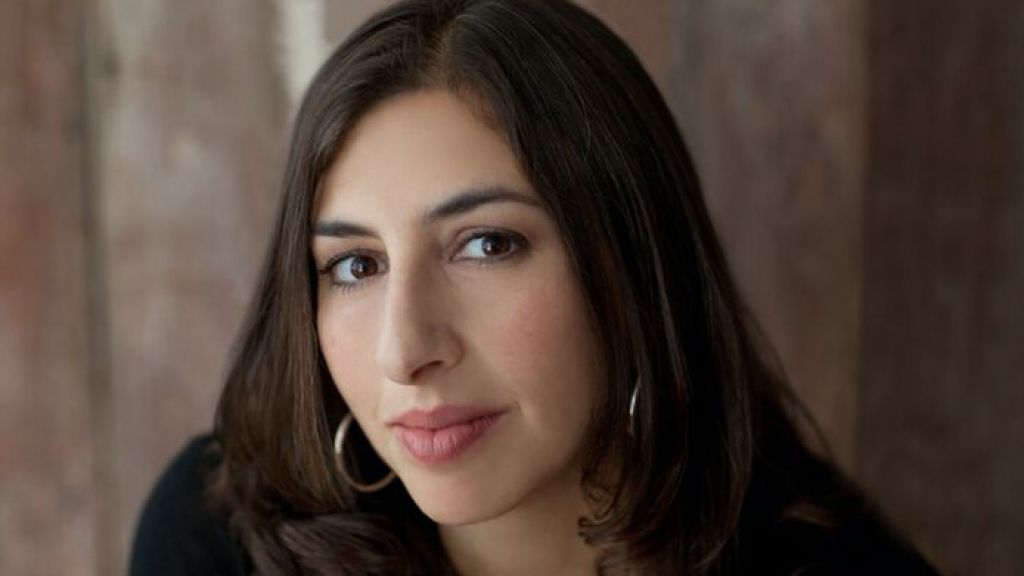Books
Personality
Author Talk: Rabbi Danya Ruttenberg on Motherhood
 Danya Ruttenberg, a Conservative rabbi whose latest book is Nurture the Wow, was named by Newsweek as one of 10 “rabbis to watch.” Ruttenberg, 41, is currently the director of education for Ask Big Questions, an initiative of Hillel International. She lives in Chicago with her husband and three children.
Danya Ruttenberg, a Conservative rabbi whose latest book is Nurture the Wow, was named by Newsweek as one of 10 “rabbis to watch.” Ruttenberg, 41, is currently the director of education for Ask Big Questions, an initiative of Hillel International. She lives in Chicago with her husband and three children.
Why did you write about your personal struggle to find spirituality as a new mother?
This book is a mix of my personal experiences and the more universal issues they raise. It was clear to me from the start that the power and beauty of parenting—as well as the struggles and complexities and ambivalences—that I was experiencing were not mine alone. However, I think we have to ground big ideas in the messy, concrete stories of our lives. As a result, I bring in different voices—Rabbi Akiva, Maimonides and Martin Buber—but also the experiences of other mothers.

Yes and no. For most of history, women were caring for children while men were writing the books. But these days more people of all genders are getting up in the middle of the night with a fussy baby or rearranging their work schedules when a virus comes to town. As it happens, my
husband and I split things like school pickup pretty evenly between us.
So the experiences and transformations of parenting are historically women’s, but they’re available to everyone.
How do you balance your career with parenting?
I do what most working parents do: I have good childcare. I scramble a lot to get things done. I sometimes get back to work after the kids go to sleep and I’m pretty tired. I’m lucky enough to have a rabbinate that doesn’t involve working on Shabbat or holidays, so the Jewish piece is seamless—I can be with them rather than being up on the bimah.
What would you say to the new mother who feels her identity has been not only lost but that she and her children are relegated to the back of the room?
Oh, I so feel for that mom. I’d say two things: 1) Everything feels chaotic now; you’re in something of a blender, and over time you’ll find ways to assimilate this exceedingly powerful, life-changing new way of being in the world. And 2) A lot of what you’re experiencing is a culture that doesn’t always know how best to support mothers and the work of raising children, and that’s bunk.
Assert your right to be in every space with your baby, assert your value as a person and as a parent and allow the wisdom that you’re accumulating to be part of what you have to offer the world.
How do spiritual practices nurture a mother and what is the long-term effect of such nurturing?
A mother is nurtured through cultivating a spiritual practice that helps us to connect deeply to ourselves and the sacred as well as to others. Studies show that trauma is passed on down the generations not only through our behavior but through our DNA. Children who grow up in functioning households—where parents are not only caring for their children but are cared for can have a profound impact. Children learn self-care and spirituality; they can then teach this love and care to their own children.
What can grandparents take from your book?
I was thrilled when the feminist theologian Judith Plaskow told me the book had helped her when she was caring for her grandchildren. The ideas are relevant for anyone who loves and spends time with children—grandparents certainly encounter tantrums and boogers now and again, and are able to appreciate the radical amazement and wonder that children can offer.










 Facebook
Facebook Instagram
Instagram Twitter
Twitter
Leave a Reply